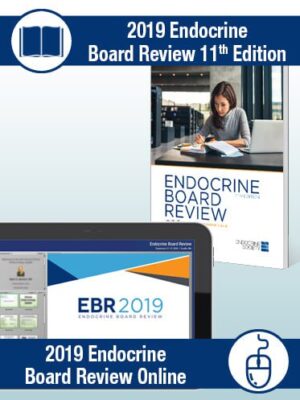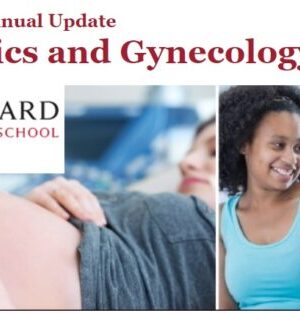No products in the cart.
Note : This course is in interactive way and does not contain any videos
This course reviews the case of a 54-year-old man who has pre-hypertension, low HDL, high triglycerides, elevated blood glucose, and is abdominally obese. At his first visit to you, this patient, who is new to town, voices concern about his newly diagnosed prediabetes as well as his food choices and physical inactivity.
Through the course of seven questions, you will learn how to counsel this patient, and others with similar conditions, using a lifestyle change system based on five domains (psychology, nutrition, activity, environments and accountability). The approach will be in line with guidelines from the ACC/AHA and NCEP guidelines on nutrition and behavior management using lifestyle modification techniques. Updated criteria for metabolic syndrome diagnoses from the International Diabetes Federation (IDF) and American Diabetes Association (ADA) criteria for diagnosis of prediabetes using A1C will be addressed, as well as discussion of the use of metformin as an adjunctive to therapeutic lifestyle changes (TLC).
This course is designed for primary care and specialty physicians, physician assistants, nurse practitioners, and nurses. Participants must pass a posttest with a score of at least 75% to earn CME credit.
This course does not include video lectures.
LEARNING OBJECTIVES
Upon completion of this activity, participants will be able to:
Review important lifestyle modification concepts for sustainable weight control within the areas of nutrition, activity, behavioral health (“mind matters”), environmental (e.g., food and social environments), and accountability (e.g., self-monitoring techniques)
Describe the important practical application of a dietary pattern’s average calorie density and its role in metabolic health, especially in terms of type 2 diabetes prevention and weight management
Identify the importance of understanding stages of readiness for lifestyle change with respect to how to approach counseling patients who may benefit from such change
Identify how to use ancillary specialists to enhance nutritional adherence via feedback, education, and accountability
TARGET AUDIENCE
This course is targeted to Primary Care and Specialty Physicians, Pharmacists, Physician Assistants, Nurses, and Nurse Practitioners. This course may also be of interest to physicians who practice in all specialties.
Welcome to Lifestyle Medicine: Nutrition and the Metabolic Syndrome
Case Presentation
Transtheoretical Stages of Change
Metabolic Syndrome
Nutritional Counseling
Resources and Referrals
Summary
]





